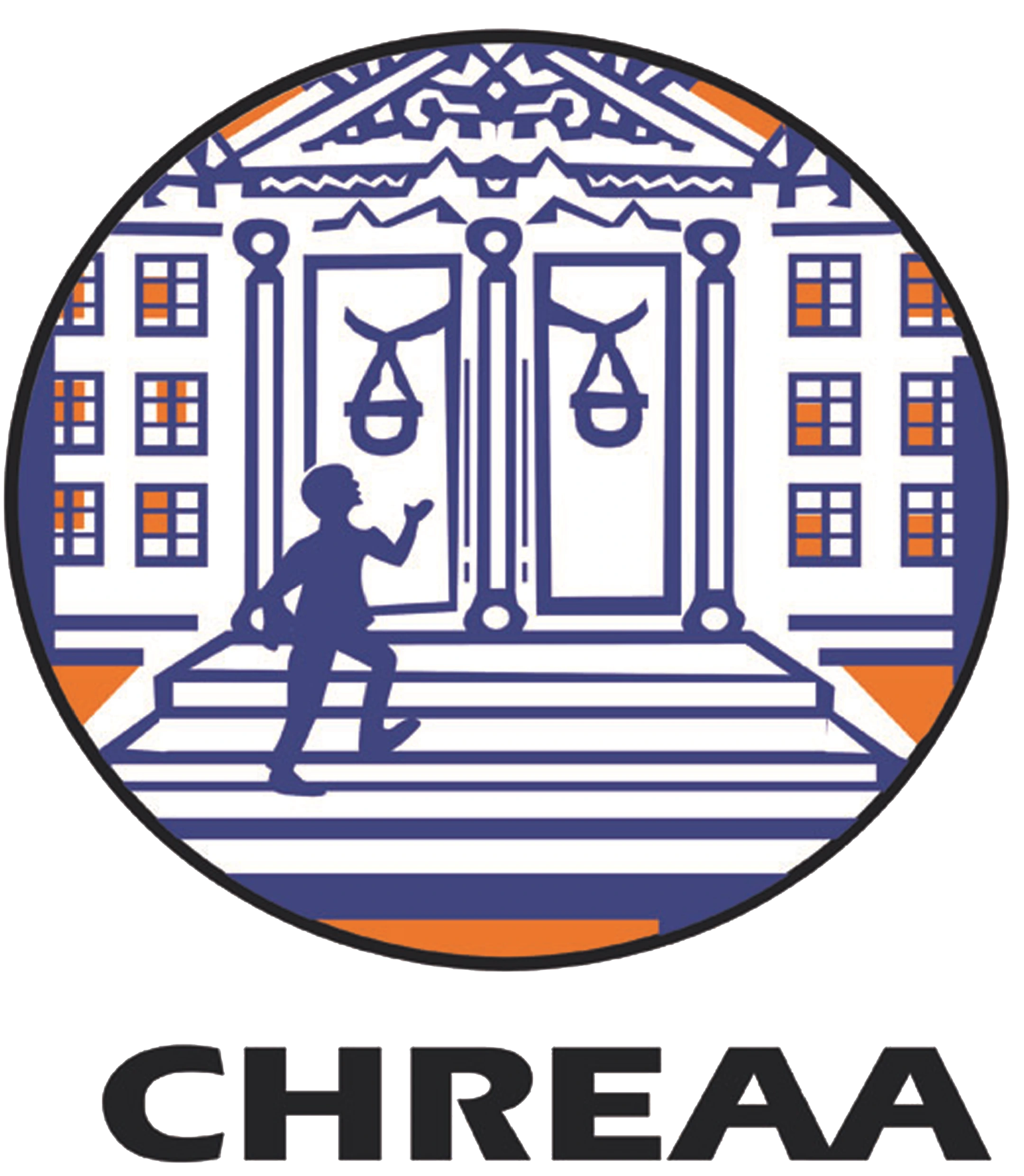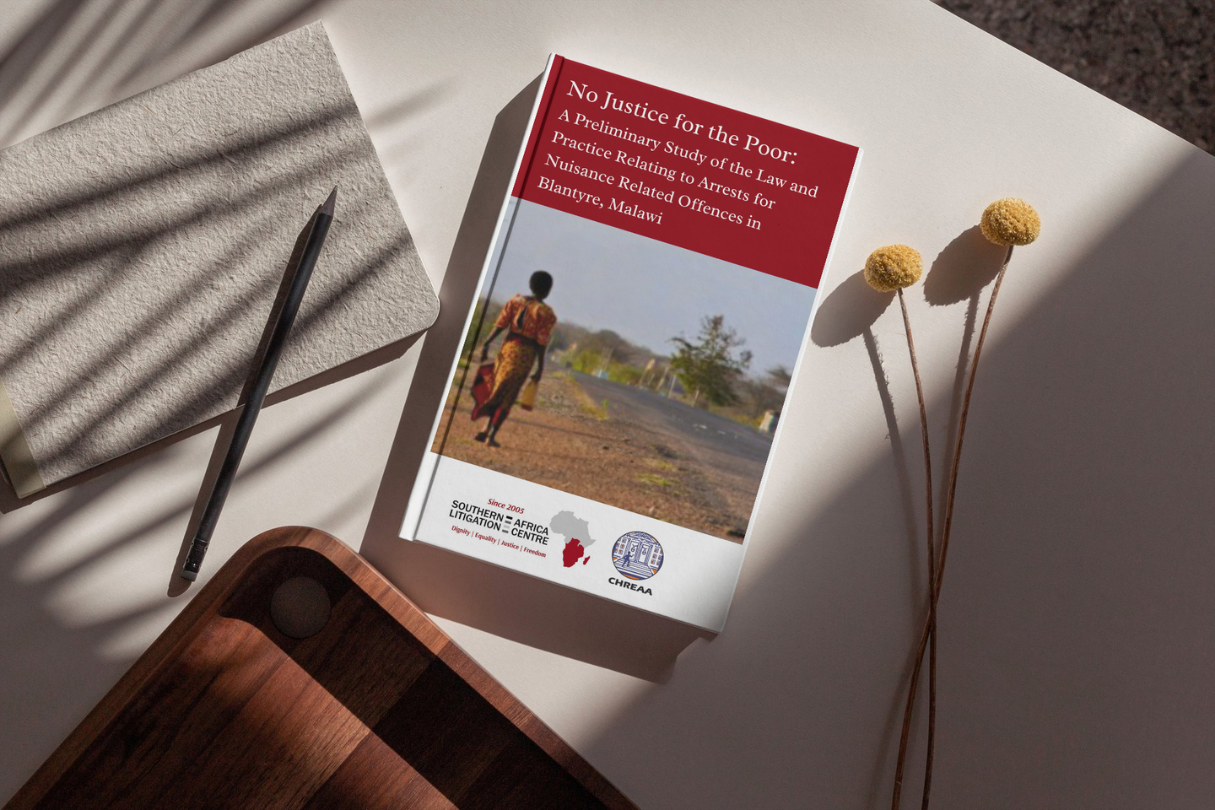The use of outdated provisions from the Penal Code and instances of police abuse against poor individuals and sex workers in Malawi have raised significant concerns among legal and human rights advocates. This joint research conducted by the Southern African Litigation Centre (SALC) and the Centre for Human Rights Education, Advice, and Assistance (CHREAA) specifically highlights the application of Penal Code provisions related to idle and disorderly persons, as well as rogues and vagabonds:
1. The provisions relating to idle and disorderly persons and rogues and vagabonds in the Penal Code are dated and vague in formulation. To apply such offences in their current form is unfair and constitutes an abuse of the rights of those arrested on such charges.
2. Arrests for offences relating to idle and disorderly persons and rogues and vagabonds often violate the requirements for a lawful arrest. In addition, such arrests contribute to overcrowding in police cells and are often used without any consideration of alternatives to an arrest.
3. The arrest of persons for minor nuisance-related offences is often applied
disproportionately to the poor in society, who are more likely to be assumed to violate such offences, and are more likely to be found in circumstances that could lead to such arrests and who are less able to assert their rights and access legal support to dispute unlawful arrests.

